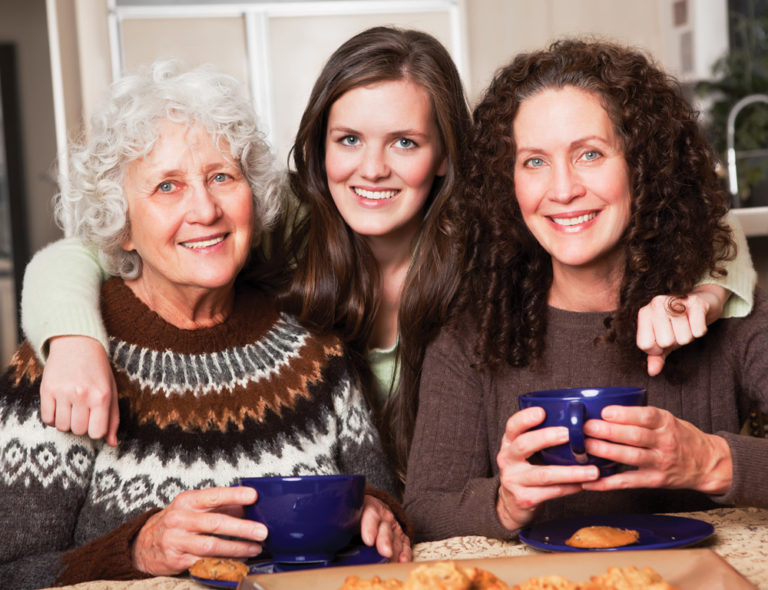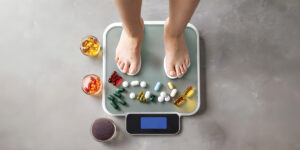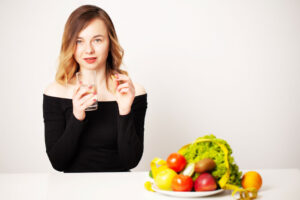Barb Apps, business development brand manager at California-based Rainbow Light, provided statistics on the state of the women’s supplement market:
Seventy-five percent of Americans are in pursuit of a healthier lifestyle (Bain & Co, 2014). In the U.S. supplement market, 71 percent of women and 65 percent of men take supplements (CRN 2015); use of alternative and complementary health is essentially equal between men and women (~50 percent use).
According to Sloan Trends, October 2015:
• 60 percent women take a vitamin/mineral versus 52 percent men
• Women also take more herbal and specialty supplements
• Compared to men, women are more likely to take:
o Vitamin D, biotin, calcium, iron, probiotics/prebiotics, lutein
• Condition-specific supplements with highest growth rates:
o Digestive, sleep, liver detox, anti-aging, sexual health, diabetes/blood sugar
• Women index higher than men with usage rates of digestives, sleep, and diabetes related supplements
Further, there is an increase in the number of women participating in serious exercise; “fit moms” are health conscious and index highest in purchases of:
• Meal replacements: 171
• Energy/diet snacks: 158
• Energy drinks: 124
Sixty-nine percent of U.S. moms have kids at home (39 M moms, 74 M kids) and they make an effort to buy fortified foods and drinks for the family; 33 percent look for organic/natural every time they food shop.
Interestingly, Moms with kids younger than age 11 at home are the No. 1 drivers for non-GMO purchases.
In general, women are the drivers of nutrition bar use: 58 percent women versus 42 percent men; older women (age 55+) are the second largest heavy user group of nutrition bars at 16.4 percent of all shoppers versus Millennials (18-34 years) being the highest user group at 17.2 percent.
Women say they are more “personally” affected by health issues versus men, especially:
• Tiredness/lack of energy
• Back or neck pain
• Sleep problems
• Stress
• Overweight/obesity
The top 10 issues women are extremely/very concerned about:
• 63 percent stress
• 59 percent appearance
• 54 percent skin health
• 52 percent tiredness/lack of energy
• 52 percent depression
• 51 percent cancer
• 50 percent dental health
• 50 percent overweight/obesity
• 43 percent lack of concentration/attention span
The number of single households is growing: 17 M women live alone versus 14 M men; and there are 8 M single moms.




![[Sponsored Video] Special Report: Bergamonte®, the Untold Story](https://vitaminretailer.com/wp-content/uploads/2023/06/sponsored-video-special-report-b-300x169-1707947265.jpg)








